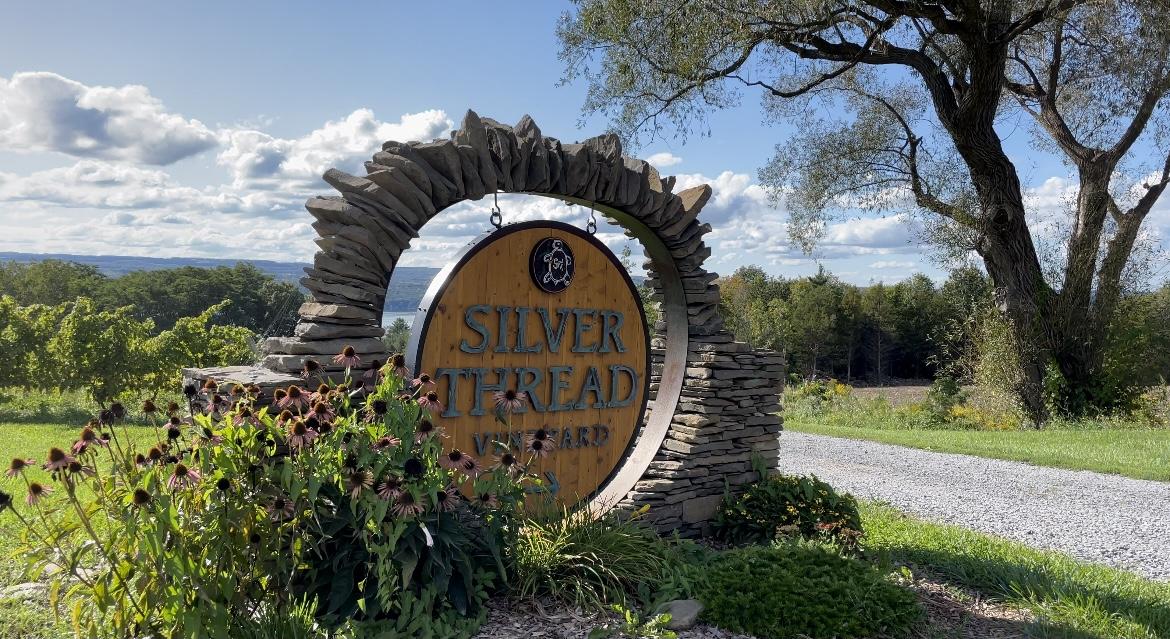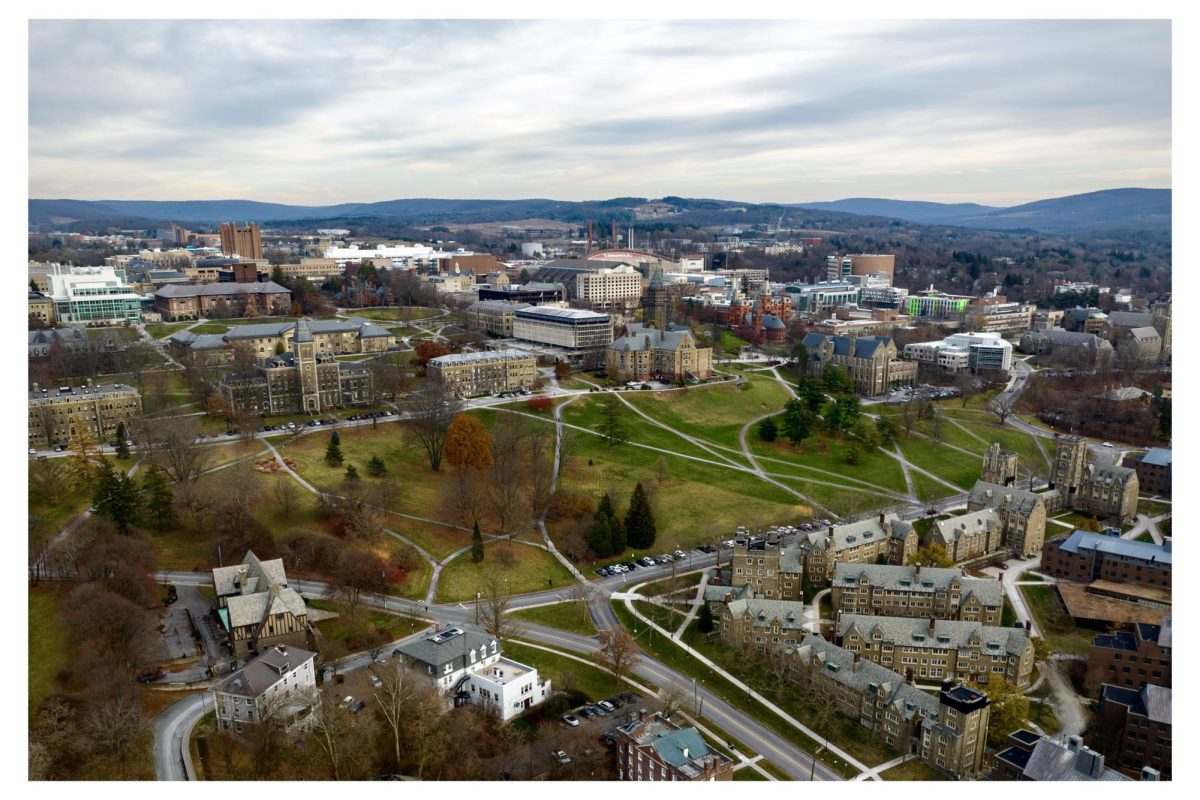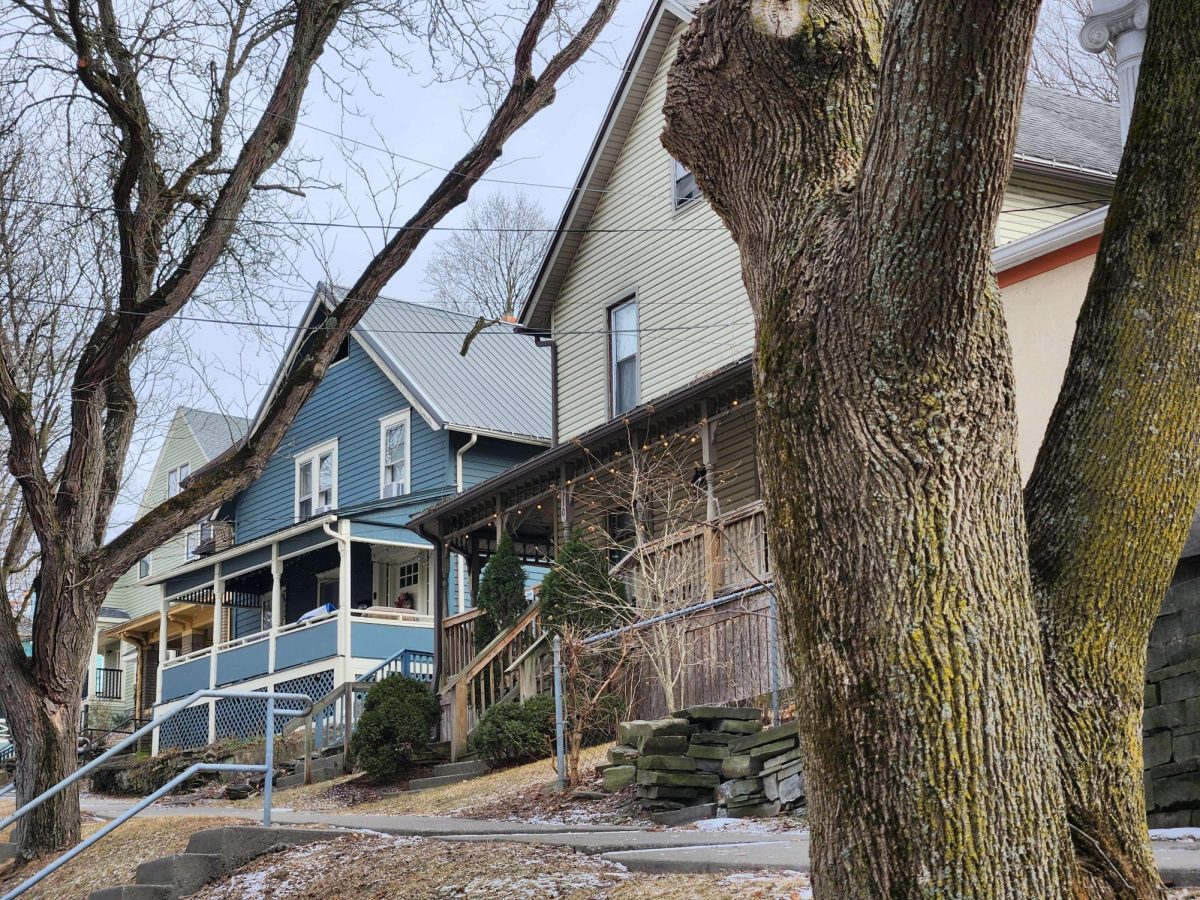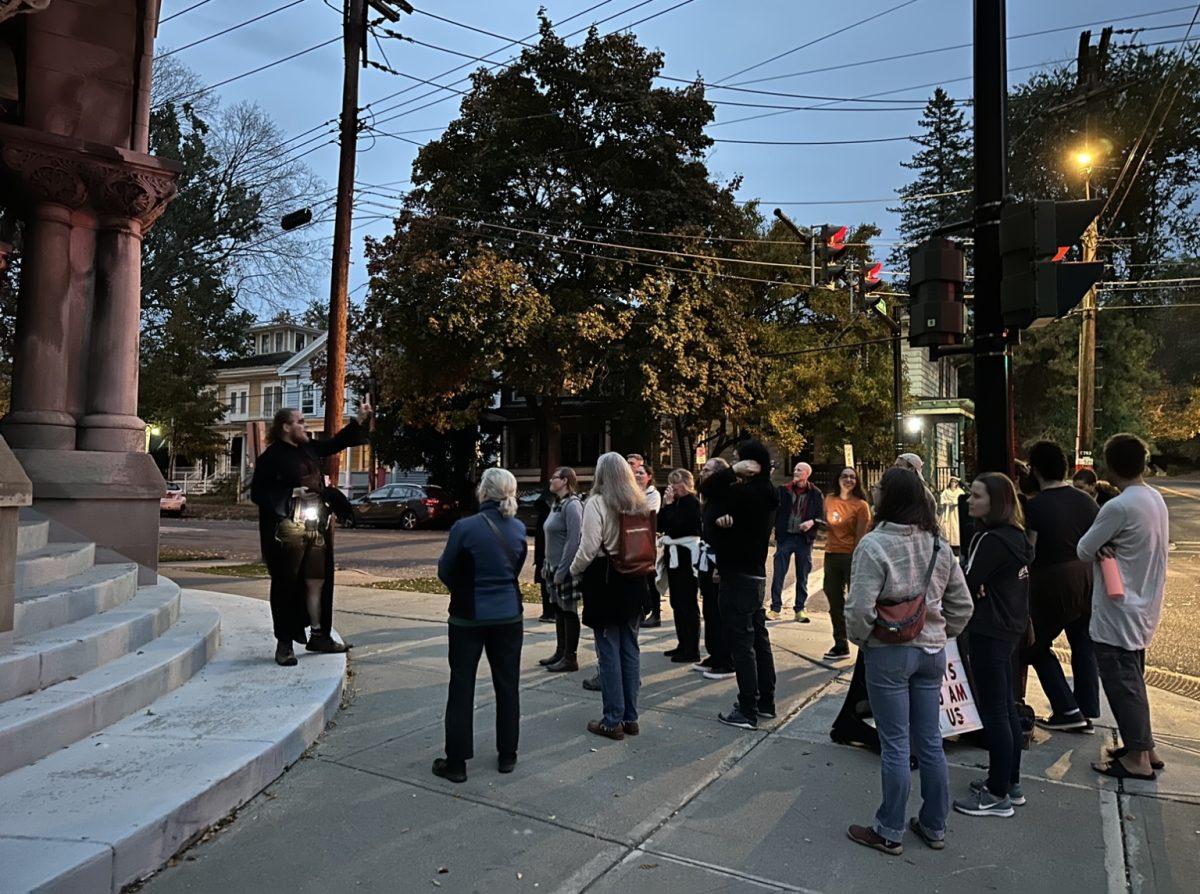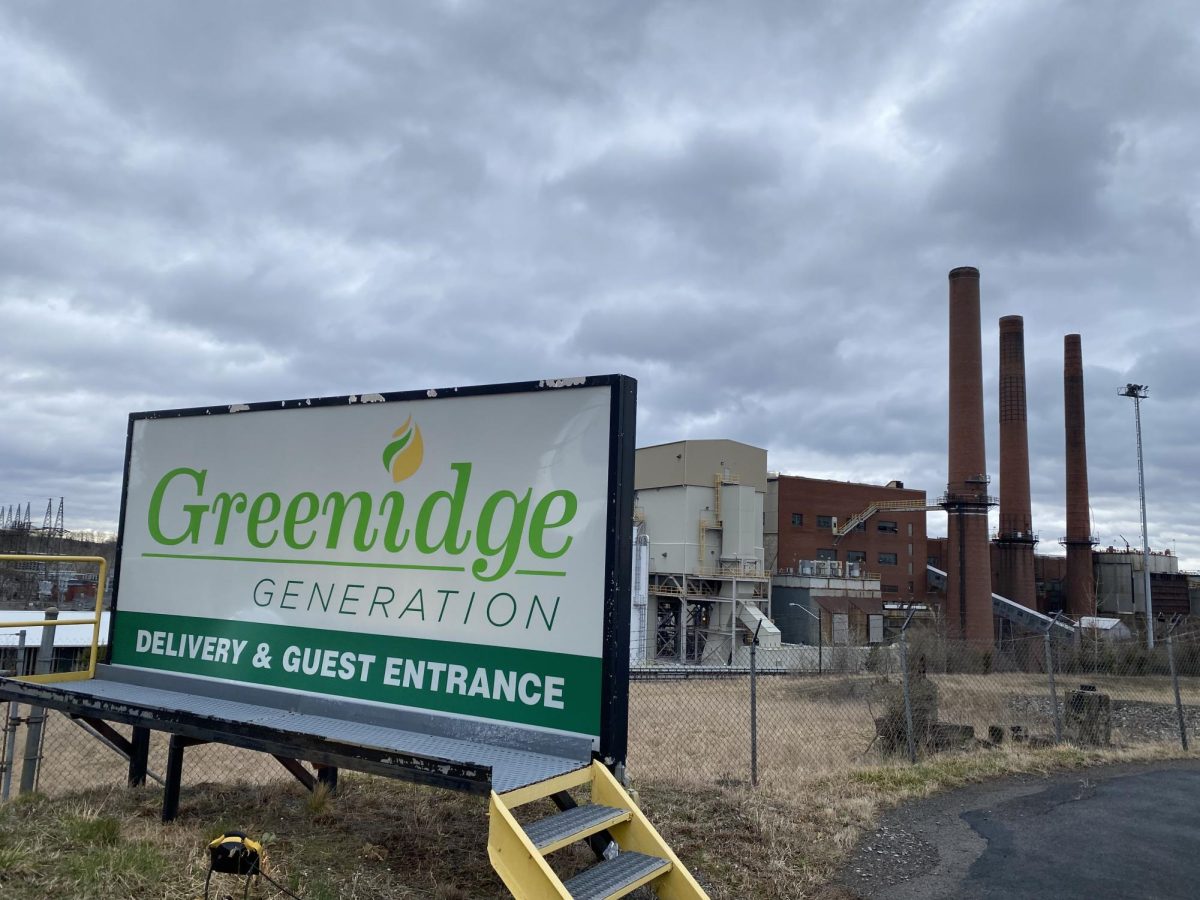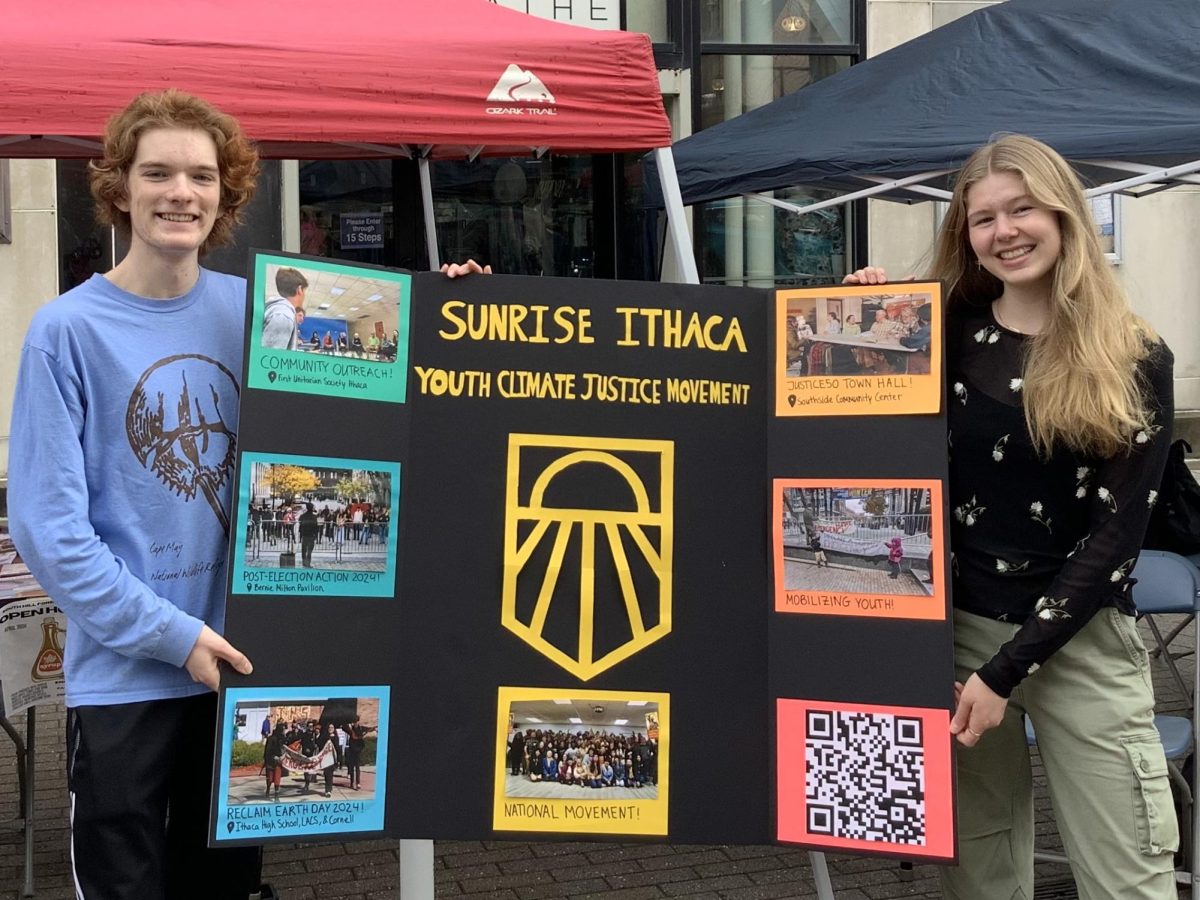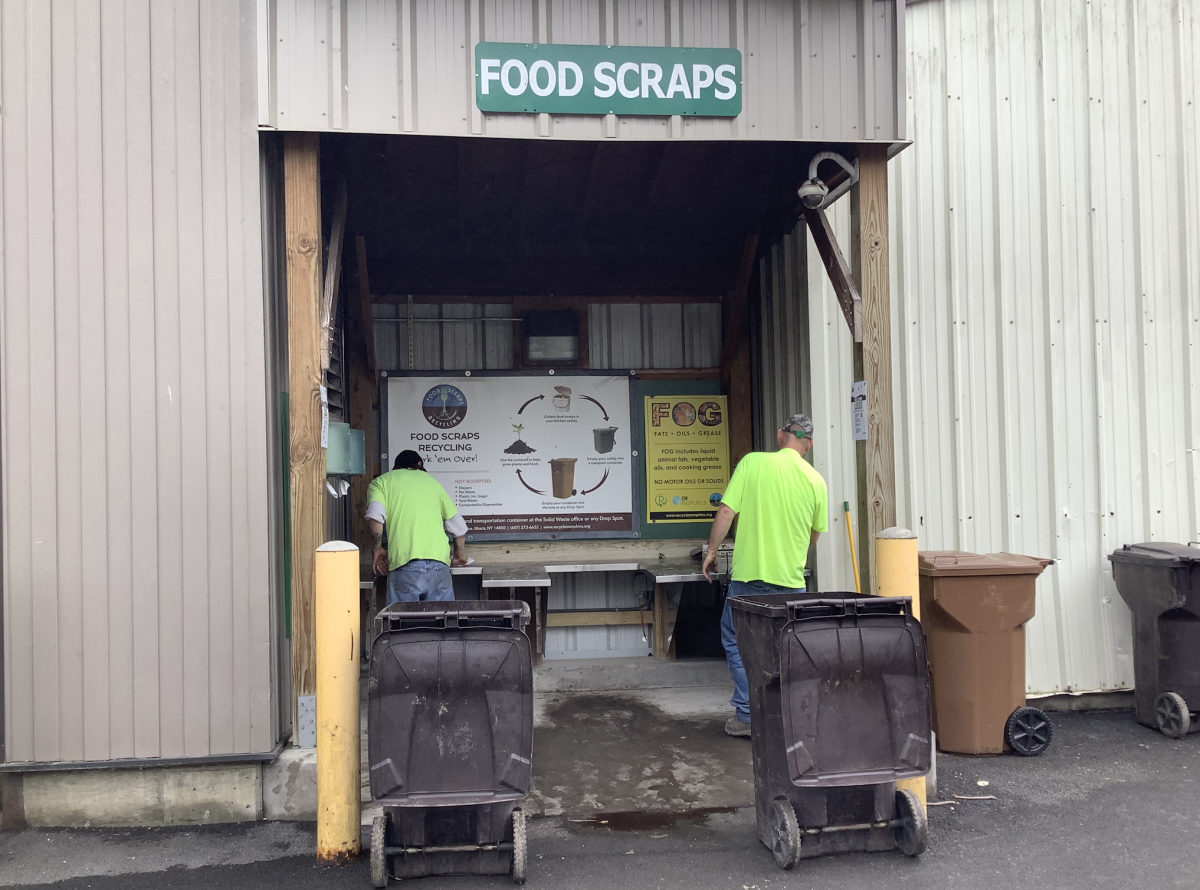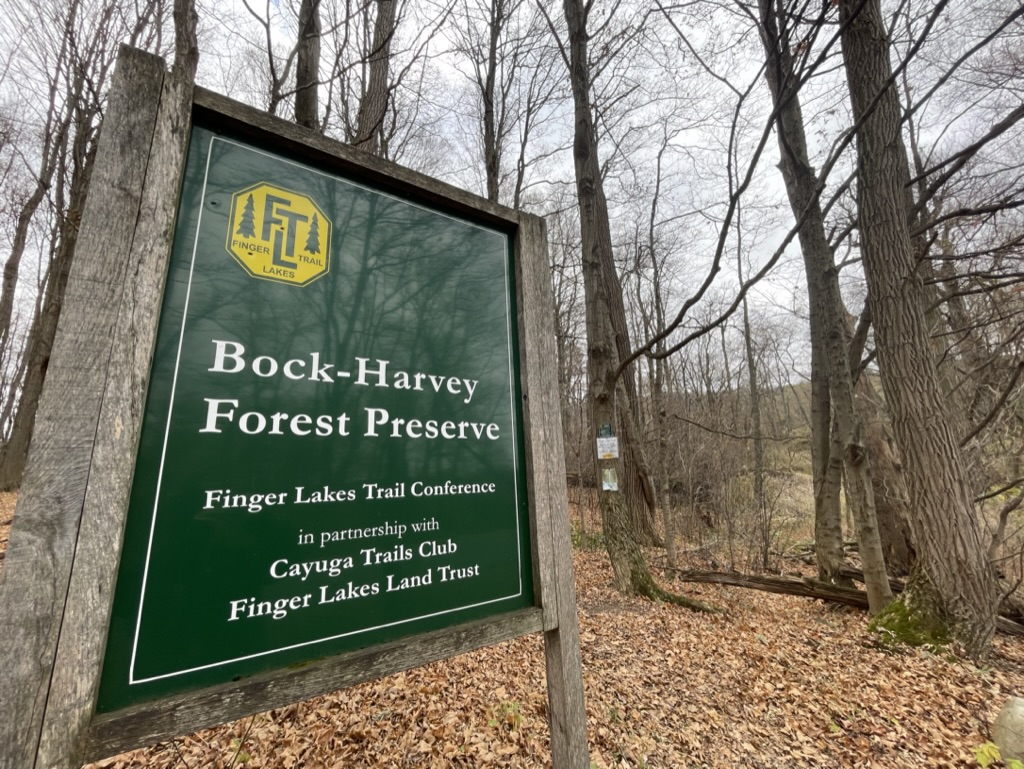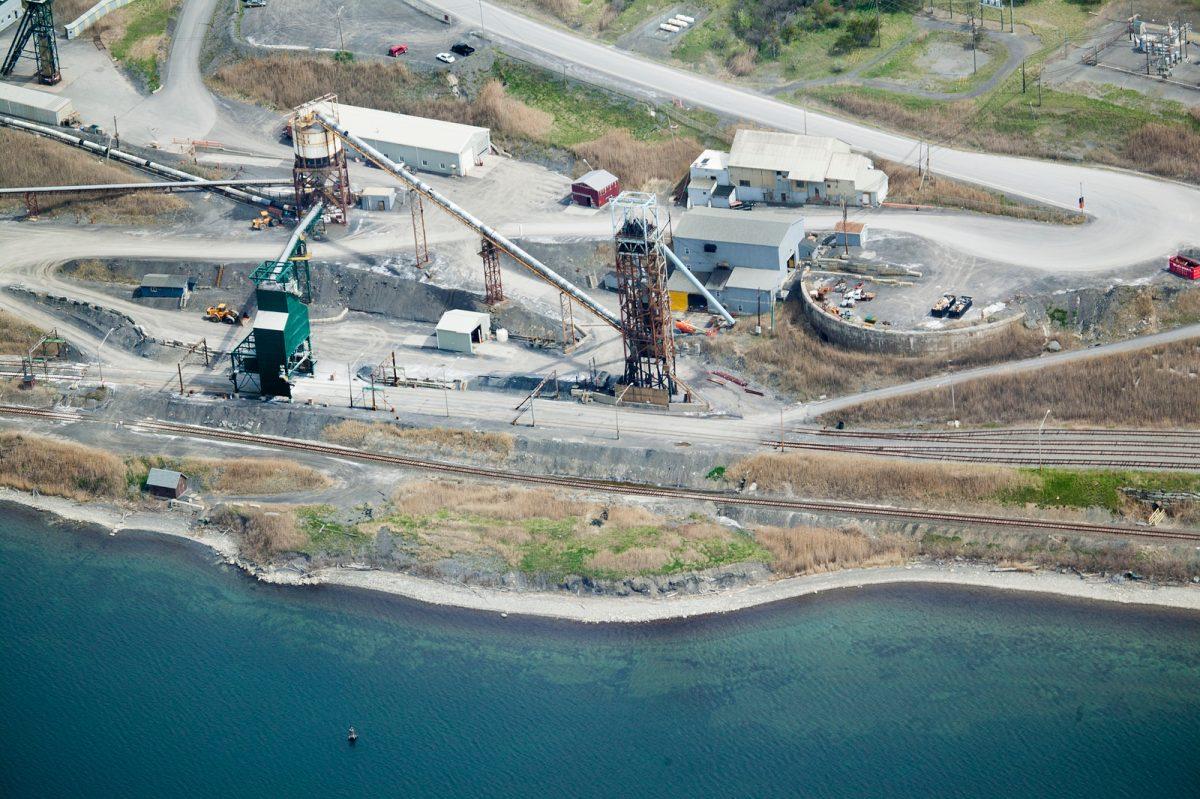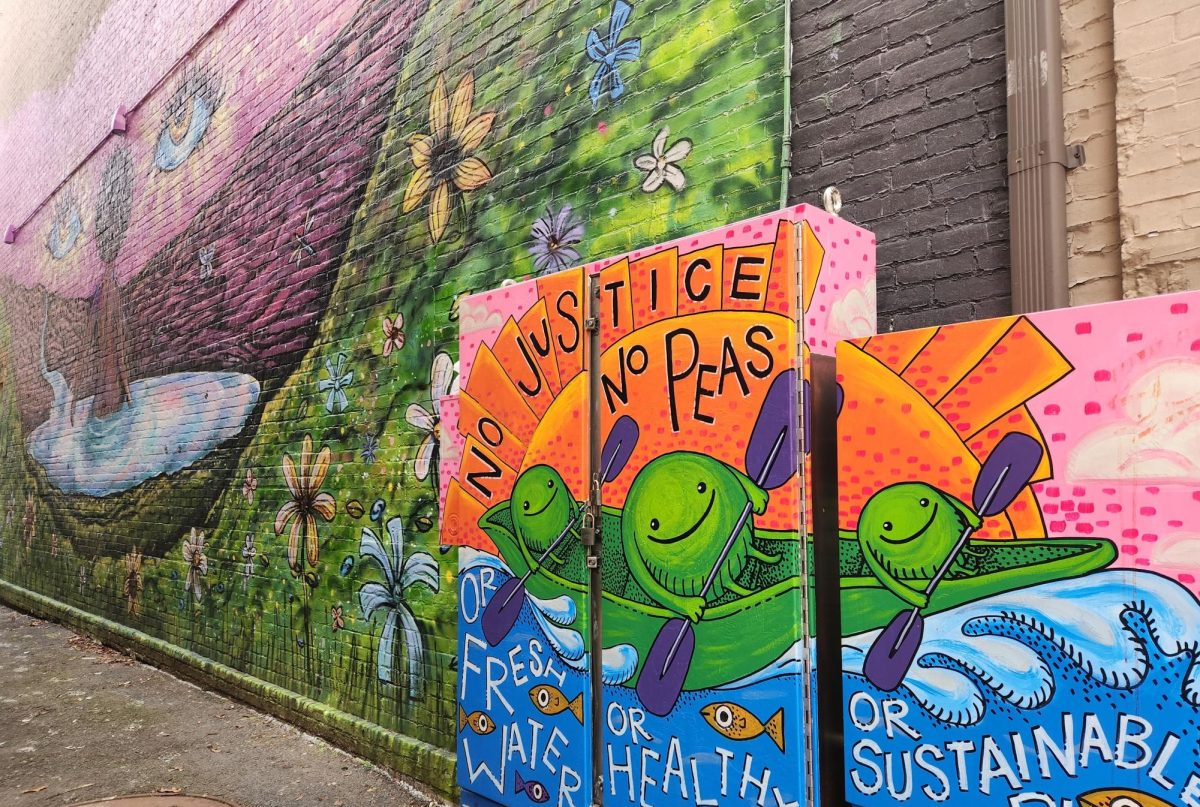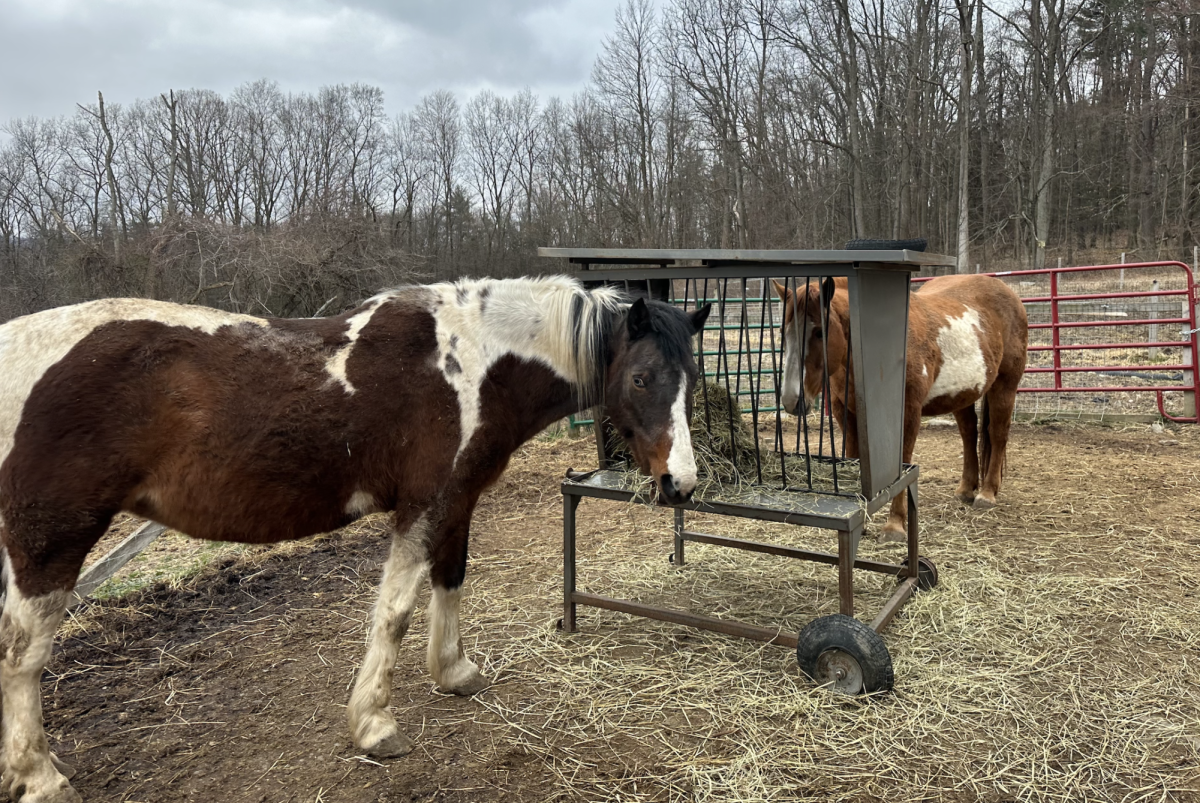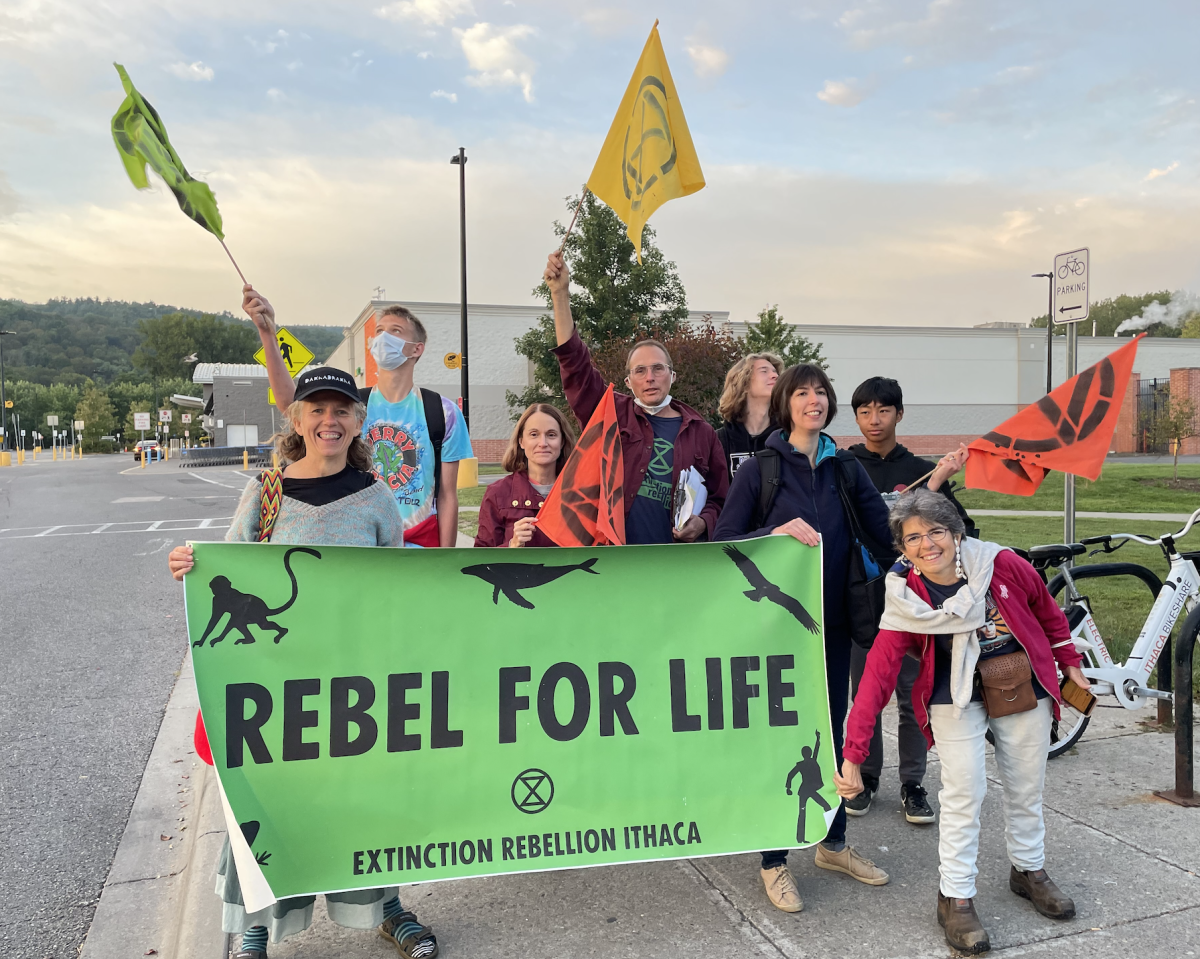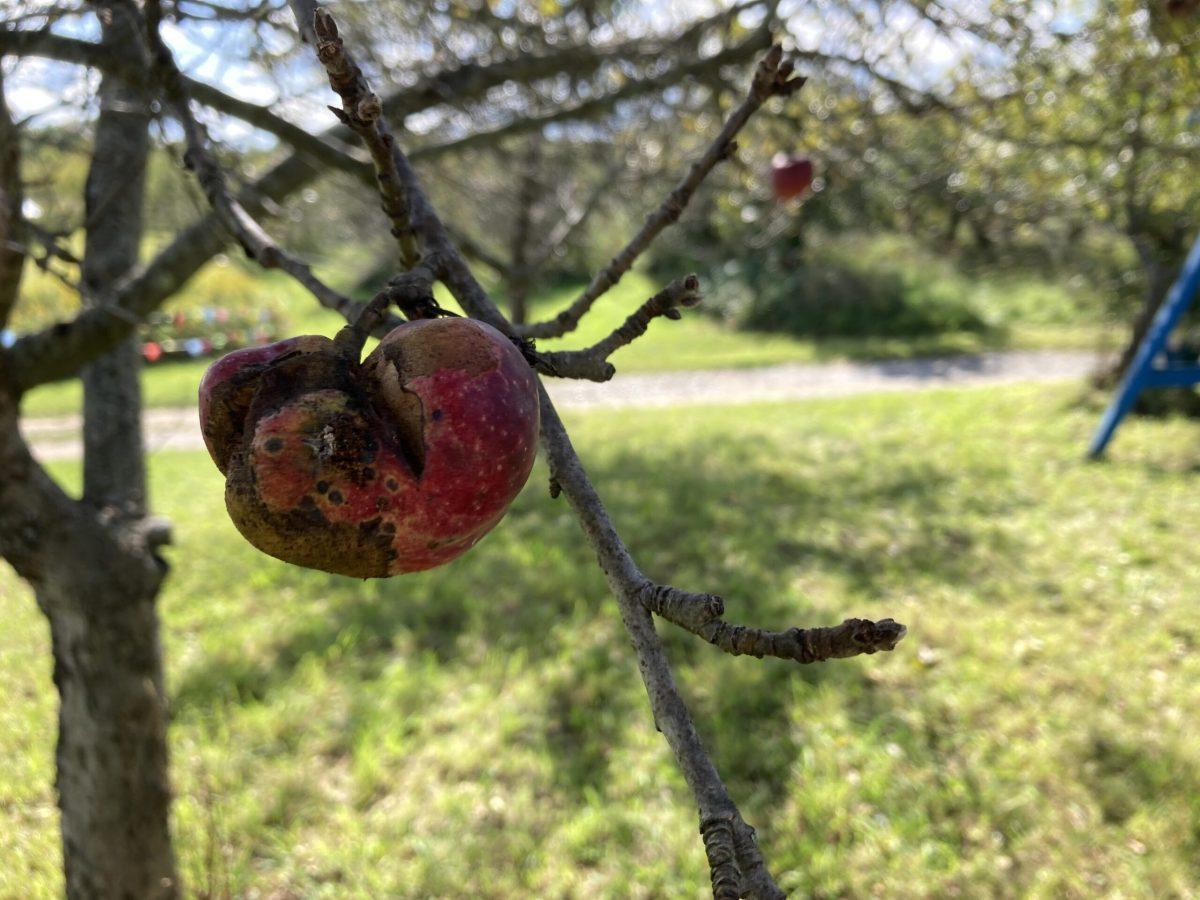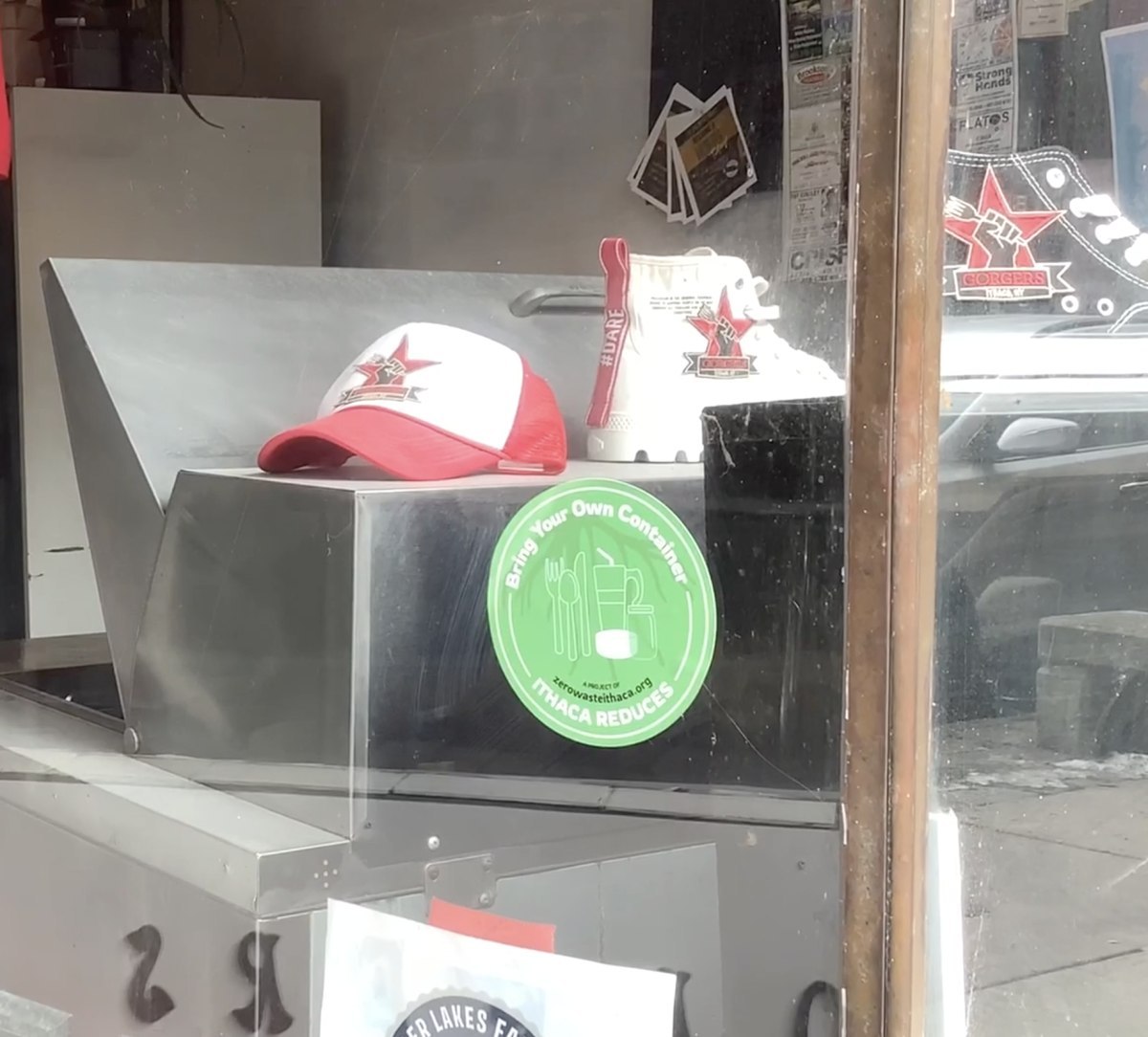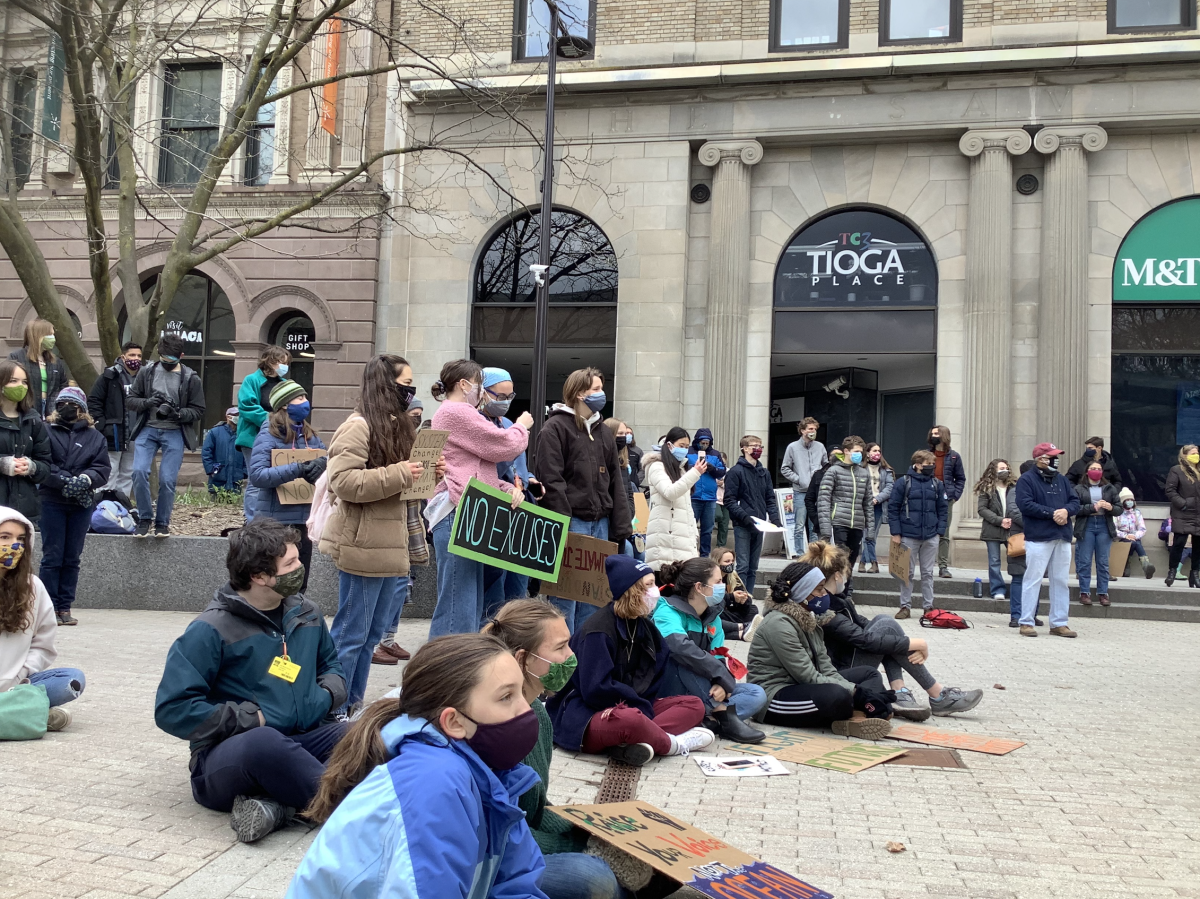Silver Thread Vineyard, one of the oldest grape-growing sites on Seneca Lake, has created an environmentally sustainable, ethical business, according to Colin Marker, the coordinator of marketing, hospitality, and the tasting room at Silver Thread.
“Ultimately, our goal here on this property is to create as healthy of an environment in the field as possible,” says Marker.
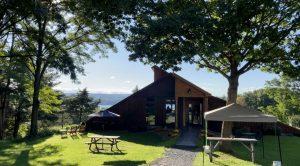
By practicing sustainability through alternative energy, limiting waste streams, and eco-friendly farming and harvesting, Silver Thread exemplifies a variety of ways vineyards can work to reduce their carbon footprint.
“I’m always trying to learn about more too and figure out the best practices,” says co-owner Paul Brock. “The regenerative ag(riculture) movement and figuring out how that fits in with our biological approaches and learning from farmers in other industries.”
Regenerative agriculture is about mending and improving people’s relationships with the environment. More specifically, building back soil health, reducing the use of harmful materials, managing to farm holistically and humanely, and efficiently using resources.
This is not a new system, according to the Natural Resources Defense Council (NRDC). Indigenous cultures have a long history of farming in harmony with nature. Regenerative agriculture today is practiced with the intent to heal the land and farm in a way that doesn’t exploit people, animals, or the land.
Practices such as this are a way farming businesses are fighting to reduce the effects of climate change.
While the northeast is not experiencing the worst impacts of climate change in comparison to wine regions like the west coast, erratic weather fluctuations are becoming more frequent and could make the grape growing process increasingly difficult.
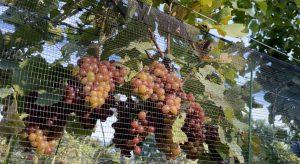
“In (the) time of the year these vines and the fruit trees are flowering, and if those flowers get hit by the cold those flowers will die,” says Marker, “Each of those flowers is a grape or is a pear. And if that happens we will just not have a harvest. And as a winery, no fruit means no money and that’s a big, big problem.”
Maintaining a healthy ecosystem within a vineyard is essential to the winery business. Marker emphasized that Silver Thread’s fruit is clean because they work to improve the overall health of their fields rather than just each problematic vine.
Not only is this practice better for the health of the vineyard and fruit, but it is also cheaper than the less eco-friendly methods of farming like using pesticides or relying on fossil-fueled machinery and power.
“If you’re constantly trying to react to each and everything with a spray, then it costs money. If there are less problems on the site, then you’ll have to put in less cash,” says Marker.
Apart from the fact that these practices have a fiscal benefit, having a healthy vineyard environment also helps protect against extreme weather.
“The owners have kids and we want to make sure that as we go through this time that we’ll be able to pass it on to them,” says Marker, “ensuring the health of the dirt to make sure that there are worms so that there is grass here so that when we get 13 inches of rain like we did from June until July, it doesn’t just wash out.”
The effects of climate change are expected to continue worsening, leading to increasingly erratic weather. In the northeast, climate change experts say communities and businesses will be hit by heatwaves, more extreme precipitation, and coastal flooding.
“I want to hope that people are trying to become more (environmentally) friendly with our lands and our soils because even if you are one of the people that doesn’t believe that there is climate change or global warming, cleaner doesn’t hurt us,” says Marker. “I know there’s an old guard that will continue to do their practices the same way for the rest of time. But I want to believe that a lot of people are open-minded and are starting to make those moves.”
https://www.youtube.com/watch?v=SHZV6PmPP-c

